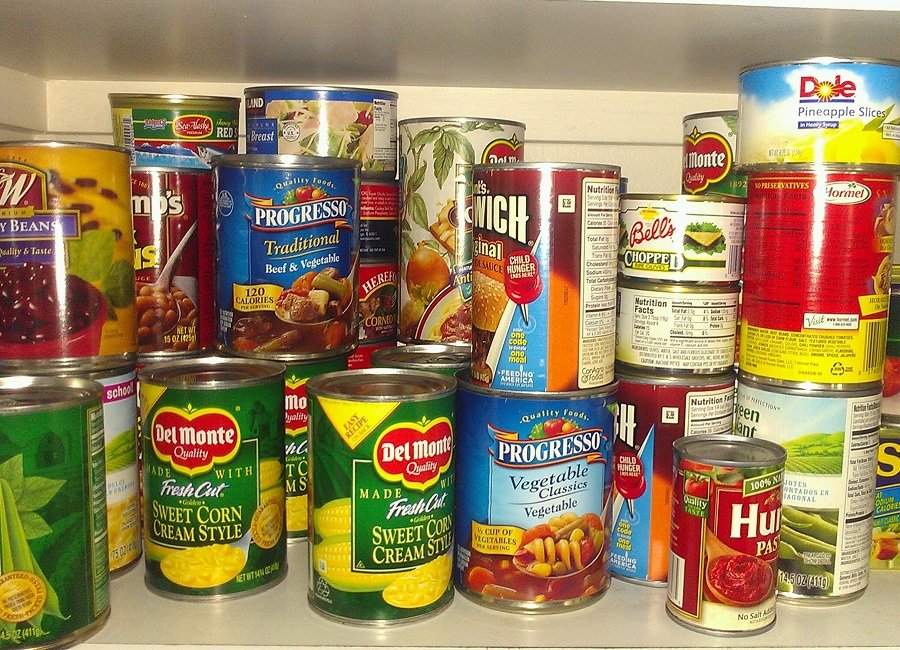
The National Bureau of Statistics (NBS) released Nigeria’s consumer price index (CPI) report for July 2023, revealing a startling surge in the inflation rate to a new record high of 24.08%, surpassing the 22.79% recorded in the prior month.
A closer look at the report’s breakdown shows that both the food and core components of the index experienced notable increases.
Notably, food inflation soared to its highest level since September 2005, reaching an alarming 26.98%. This marks a substantial 1.73%-point rise compared to the 25.25% figure seen in the preceding month.
Similarly, the core inflation, which excludes farm produce and energy, advanced to 20.47%, up from the 20.06% reported in June 2023. This also represents the highest level since March 2004, indicative of an 18-year high.
It is worth noting that the latest numbers mark the seventh consecutive upswing in headline inflation throughout this year, following a minor easing observed in December 2022.
The recent spike in the inflation numbers is partially attributed to the removal of petrol subsidies, which has driven a significant surge in the pump price of petrol, leading to an almost double increase in transportation costs and food prices.
Also, the unification of the various official exchange rate windows into one and the devaluation of the naira from a pegged rate of N460/$1 to a region of N760/$1 combined with petrol subsidy removal has triggered a double whammy effect on prices across the country.
In July 2023, imported food inflation in Nigeria rose to a six-year high of 19.94% on the back of the unification of the exchange rate at the official market. The unification/devaluation of the official exchange rate led to a steep increase in the cost of importation.
Context
On June 14, 2023, the CBN announced the unification of all exchange rate windows into the Investors and Exporters window (IEFX), effectively devaluing the naira by 39.4% in a bid to bridge the wide gap between the official and the parallel market, which was around N750/$1 at the time.
However, allowing the market to determine the rate without adequate supply in the IEFX window to support pent-up demand, has sparked a shift in the black market as the naira traded as high as N955/$1 last week, further widening the gap to around N200/$1.
The steep increase in the exchange rate in both markets exacerbated by global food supply issues has contributed to the sudden jump in Nigeria’s imported food inflation.
Nigeria’s net food import piles pressure
Data from the NBS showed that Nigeria spent a sum of N471.4 billion on agricultural imports, surpassing the previous quarter’s figure (N444.8 billion) by 5.97% and 6.32% higher than the corresponding period of 2022 (N443.4 billion).
- On the other hand, Nigeria managed to earn N279.6 billion from agricultural exports, indicating a net outflow of N191.8 billion on agric imports. In 2022, the agricultural trade deficit amounted to N1.27 trillion.
- The continuous reliance on the importation of food items, despite moves by the previous administration to ensure local food production and sufficiency, has added more injuries to Nigeria’s inflationary woes.
- While the cost of food items in the global market continues to elevate on the back of tight supply as a result of the sustained war between Russia and Ukraine, as well as the ban of rice export by India amongst other factors, Nigeria’s FX challenges makes matter worse.
- This has resulted in the high cost of imported food, coupled with locally produced inflation, which is driven by high energy costs, logistic issues, and dwindling production has been a cause for nearly 18-year inflation.
Bottom line
Given the staggering increase in imported food inflation in Nigeria, it has become imperative for the Nigerian government to address the issue of local food production, so as to reduce Nigeria’s dependence on food import and save the country’s scarce FX resources from import bills.






